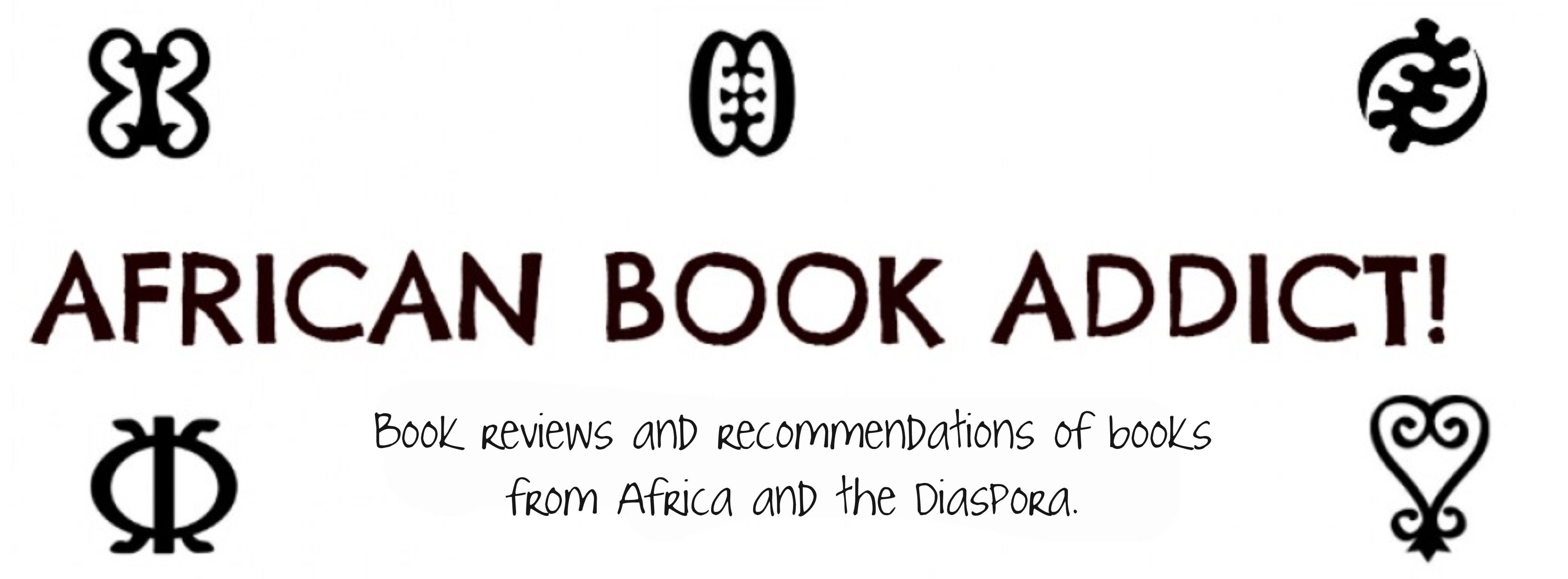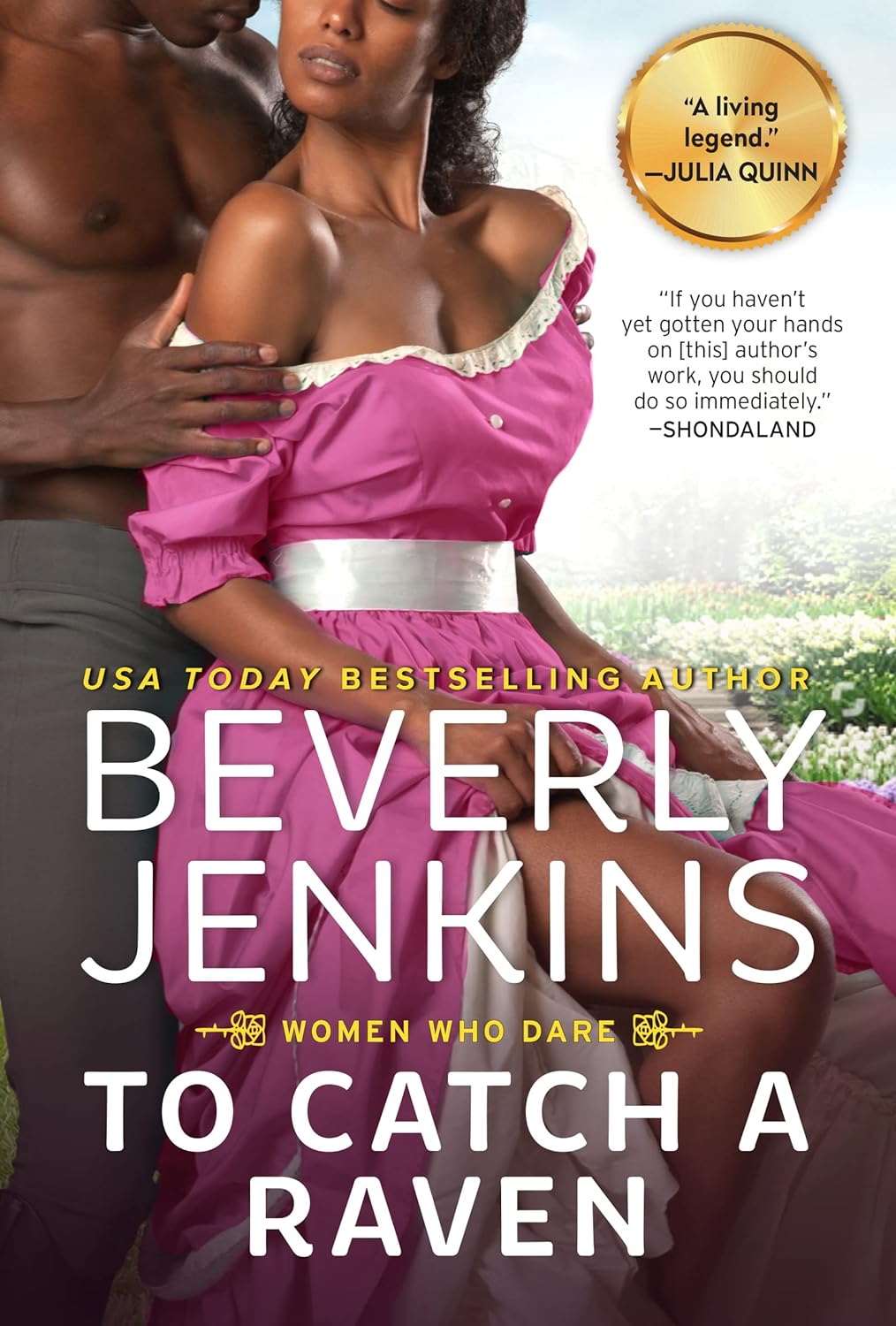Mid-year reading update & currently reading
It’s summertime! What is everyone reading this summer?
This year, I set my Goodreads challenge to read 24 books – because we’re in the year 2024, duh! Well, we are halfway through the year and I’m proud to say that I’m about 3 books behind schedule haha.
I’ve read 9 books out of 24:









I’m very behind on my reading challenge, but I know I’ll achieve the 24 books goal – even if slowly.
I have only truly enjoyed reading 5 out of the 9 books I’ve read thus far- The Fire Next Time by James Baldwin, Blessings by Chukwuebuka Ibeh, The Other Significant Others (audio) by Rhaina Cohen, The Three of Us by Ore Agbaje-Williams and Dyscalculia (audio) by Camonghne Felix. These were 4 star reads for me, except The Other Significant Others which isn’t by a Black author, but such a stellar (non-fiction) book! I read the book via audio and deeply appreciated the arguments Cohen presented, as I believe centering friendships over romantic partnerships should be talked about more. That’s the only 5 star book I’ve read so far.
I’m yet to read a book I’m head over heels about this year though. And because of how unenthusiastic I am about books I’ve read so far, I find myself unable to focus on one book at a time. So, I’m currently reading:



I’m reading to Power Moves by Sarah Jakes Roberts via audio and alternating between Hangman and Our Gen. Whenever I practice book polygamy, it means I can’t focus on just one book. One book isn’t arresting my attention enough to finish and move on to the next, systematically. So far, Hangman (which was long-listed for the Women’s Prize this year) is weird! Weird, in a good, original way. But it gets boring after reading 30 pages at a time. Our Gen is quite fun to read, but I’m struggling to get to the plot of the story. But I’ll continue to push through.
Books I have on my radar/TBR for the 2nd half of the year:





I’m really excited to read My Parents’ Marriage because I love fellow Ghanaian-American Nana Ekua Brew-Hammond’s work. Temple Folk looks like a collection I would enjoy. I wish the podcast – Identity Politics, by Ikhlas Saleem and Makkah Ali wasn’t a thing of the past. I’d love to hear them speak to Aaliyah Bilal on her book!
Obviously Chigozie Obioma’s new novel is on my radar – I’ve been a huge fan from the beginning. Jonathan Escoffery’s collection – If I Survive You is popular and I would like to see what the hype is all about. Uche Okonkwo’s debut collection, A Kind of Madness is also on my radar because I love short story collections. Hopefully I can read some of these before the year ends and have some reviews up as well.
In the meantime, I’ll continue to slowly achieve my reading goal this year. I just want it to be more fun. I want to read books and enjoy storylines that I haven’t experienced before. I want to be consumed by original, thought-provoking, compelling work.
What is everyone reading this summer? Please share some of the books you’ve absolutely loved reading so far in 2024.





























































































































































































































































